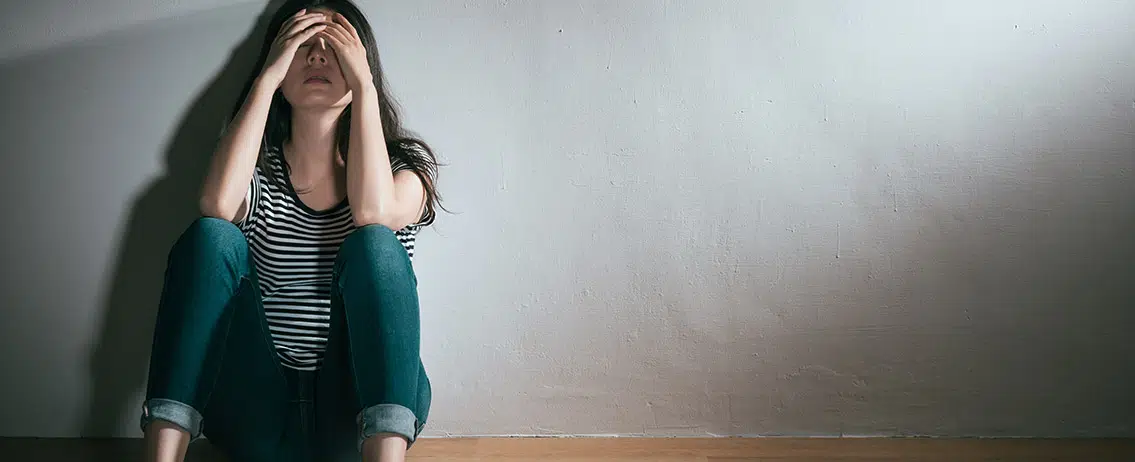Self-Assessment Quiz:
Do You Have a Drug Problem?
Funny thing about being a drug addict — you don’t have to look like the stereotypical addict to qualify for the disease. The idea that all drug addicts are experiencing homelessness, in and out of jail, or panhandling on a street corner keeps some people from realizing their predicament. They think they aren’t that bad, because they still have a job or a home or a family.
Being a drug addict isn’t about the outside circumstances of your life. Of course, those things can serve as excellent warning signs. But there are an untold number of addicts with money in the bank and two cars in the garage who are just as powerless as the guy asking for spare change at the gas station.
One in 12 American adults has a substance use disorder, according to the Substance Abuse and Mental Health Services Administration. If you think you might have a drug problem, take this self-assessment quiz.
Searching for help with drug and/or alcohol addiction? Call us now at (888) 583-3480.
12 Questions to Help You Determine if You’re an Addict
- Have you ever thought that your drug use (including prescribed medication) could be a problem?
- Have you ever decided to cut back on a certain drug, but found you couldn’t?
- Or, did you decide to quit one drug (say, coke), only to replace it with another (like weed)?
- Is your drug use causing problems at home or work?
- Do you ever use more than you intend to do? Can you not make it last as long as you planned?
- Do you ever miss important appointments due to your drug use?
- Have you ever sold or pawned anything to come up with the money for drugs?
- Do you lie to the people close to you about how much you use?
- Have you ever lied to a doctor to get more of something?
- Do people tell you they think you might have a problem?
- Have you had legal problems due to your use?
- Have you ever thought your life would be better if you didn’t use?
Scoring
If you answered “yes” to three or more questions, you probably have a drug problem.
How do we know this? Because we’ve had drug problems, too. We are people from all walks of life who found ourselves unable to control our drug use. For some of us it was pain pills, for others it was heroin. We are suburban moms hooked on meth and CEOs smoking crack the whole weekend round. Addiction is a disease, and it does not discriminate.
Addicts who find recovery share this in common: We finally faced the fact that we were drug addicts. This admission turned out to be a blessing, for only then could we accept the help we so desperately needed.
If you have a drug problem, you will likely need help to recover.

Get Help for Drug Addiction
There are many resources available to help you recover, including:
Consider getting treatment. Cornerstone Healing Center is an evidence-based, long-term treatment facility in Scottsdale, Arizona. We are almost exclusively staffed by people in recovery, and our completion rates are five times higher than the national average. We have programs to fit every schedule, including partial hospitalization (PHP), intensive outpatient (IOP), and standard outpatient.
Reach out to Cornerstone today. We can show you that freedom from addiction is possible.

